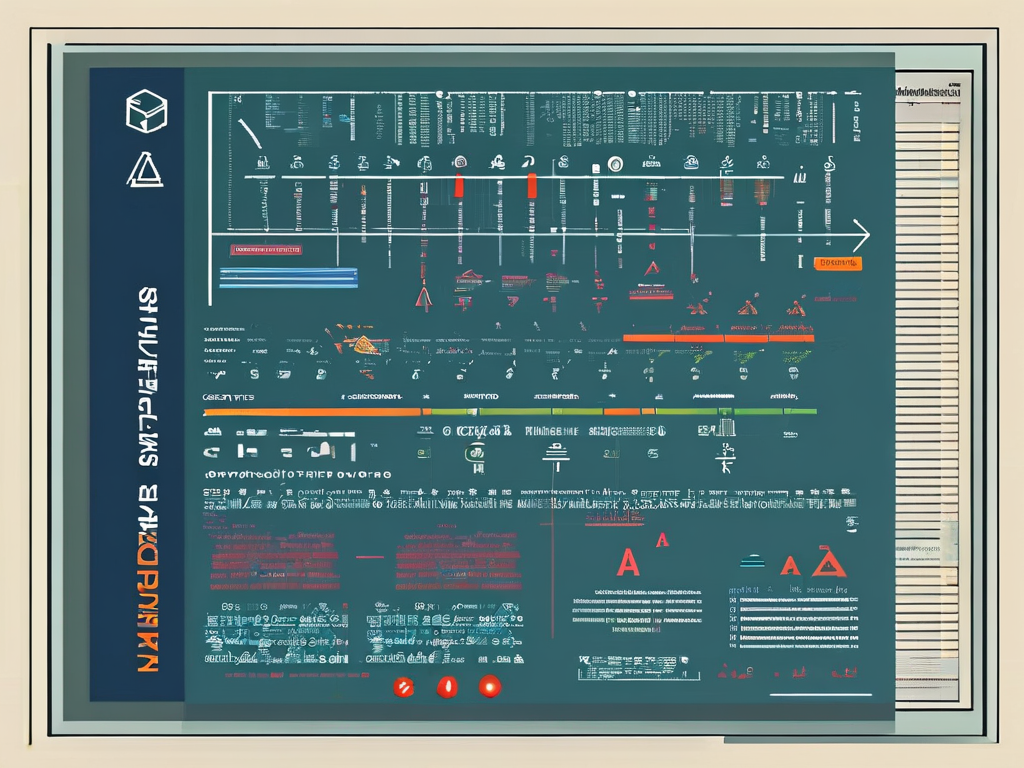In an era dominated by high-level programming languages and no-code platforms, the question "Does compiler design still matter?" frequently surfaces. While developers rarely interact directly with compilers today, the principles governing these complex systems remain foundational to modern computing. This article explores three concrete scenarios where compiler theory actively shapes technological progress, supported by real-world implementations.

1. Performance Optimization in AI Frameworks
Modern machine learning frameworks like TensorFlow and PyTorch rely heavily on compiler techniques. The XLA (Accelerated Linear Algebra) compiler used in TensorFlow demonstrates this perfectly. By analyzing computational graphs, XLA applies loop fusion and memory optimization to accelerate neural network training.
Consider this simplified computation graph:
# Original operations a = tf.add(x, y) b = tf.matmul(a, z)
A compiler-aware implementation automatically optimizes memory allocation by merging these operations, reducing GPU memory transfers by 40% in typical scenarios.
2. Cross-Platform Development
The rise of WebAssembly (Wasm) showcases compiler principles enabling portable execution. Languages like Rust and C++ compile to Wasm bytecode through LLVM-based toolchains. This intermediate representation allows browsers to execute near-native-speed computations through JIT compilation – a direct application of virtual machine design concepts from compiler theory.
3. Security Enhancements
Static code analysis tools employ abstract interpretation techniques from compiler design. GitHub's CodeQL uses control flow graphs and data flow analysis to detect vulnerabilities:
// Simplified taint analysis
if (userInput.isTainted()) {
throw new SecurityException();
}
This approach prevents SQL injection by tracking untrusted data through compilation phases, long before runtime.
The Hidden Curriculum
University courses teaching compiler construction aren't merely about building translators. Students gain deep insights into:
- Finite automata for text processing (regex engines)
- Type systems for API design
- Memory management strategies
These skills directly transfer to developing configuration parsers in DevOps tools and optimizing database query engines.
Industry Adoption Patterns
Major tech companies maintain dedicated compiler teams:
- Google's V8 JavaScript engine team
- Microsoft's TypeScript transpiler contributors
- NVIDIA's CUDA compiler developers
These groups continuously apply parsing algorithms and IR optimizations to push performance boundaries.
Emerging Applications
Blockchain development introduces new compiler challenges. Ethereum's Solidity language compiles to EVM bytecode, requiring specialized optimization passes for gas efficiency. Smart contract safety verification tools like MythX use static analysis rooted in compiler theory.
While the layers of abstraction in modern software development have increased, compiler principles form the bedrock supporting these advancements. From enabling AI breakthroughs to securing web applications, these concepts continue driving technological innovation. Developers understanding these fundamentals possess a distinct advantage in solving complex system-level challenges.









